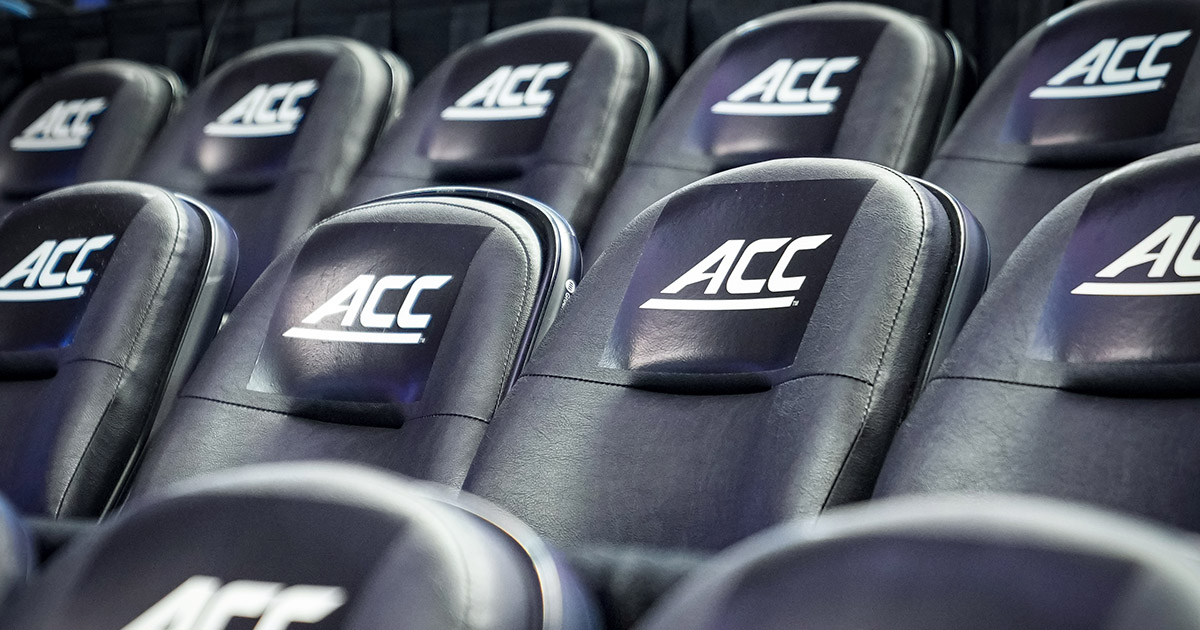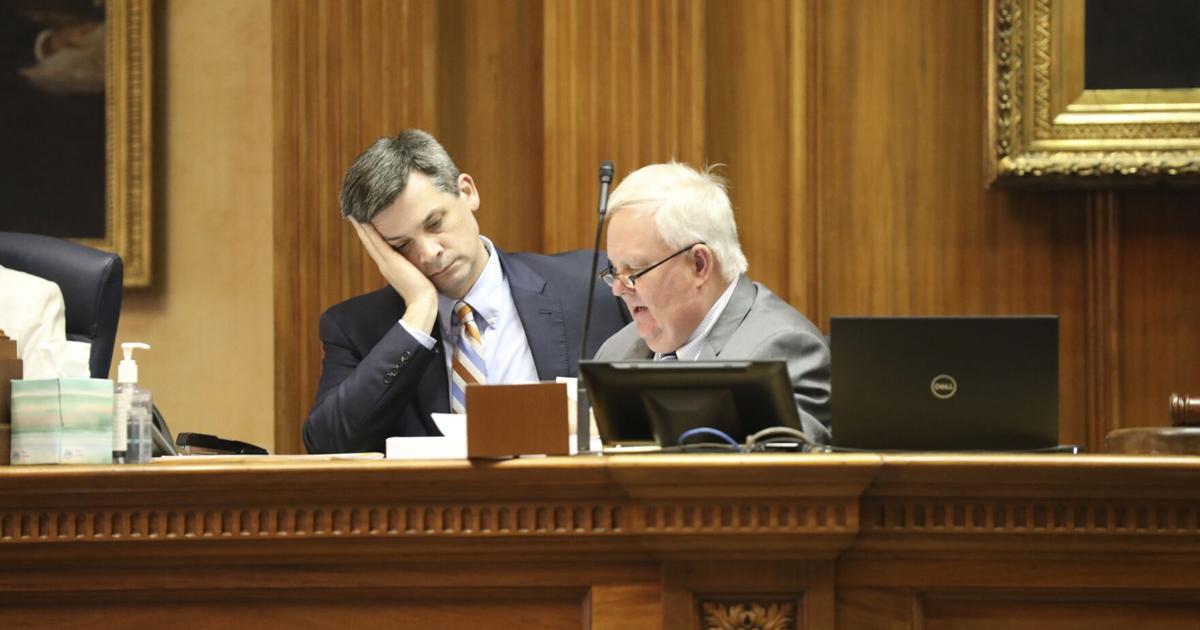More than three months after asking the ACC to release its contracts with television partner ESPN, Florida Attorney General Ashley Moody on Thursday renewed her quest by filing a lawsuit against the conference in Leon County Circuit Court.
In a 13-page complaint, which was first reported by POLITICO, Moody contends the ACC is operating in “violation of the Florida Public Records Act” and should be required to turn over the documents and also pay any attorneys’ fees and other expenses incurred by her office.
Moody, who is the top legal officer in Florida, originally requested the documents on Jan. 4, one week after FSU filed a lawsuit against the ACC in Leon County and the conference sued FSU in Mecklenburg County, N.C.
“The Office of the Attorney General requested these media rights contracts; the ACC refused,” Moody’s lawsuit states. “The ACC would not produce a single word of the contracts, including terms already disclosed publicly (including by the ACC itself), the signature blocks, dates, the numbers of paragraphs, recitals or even the numbers of pages. The contracts are a public record because Florida State University (FSU) examines and uses the media rights contracts in the transaction of the agency’s official business.”
In the new complaint, Moody offers several examples of case law where private entities were required to comply with Florida public records laws. One of those was a 2009 battle in Leon County in which the NCAA tried to keep private its documents related to an investigation into an academic scandal at Florida State.
Judge John C. Cooper, who also is presiding over FSU’s current lawsuit against the ACC, ruled in favor of the Associated Press and other media outlets in that case,
determining the NCAA had to release the documents.
“The ACC refused the Request as it related to the Media Rights Contracts,” Moody states in her complaint. “In its response, it ignored NCAA v. Associated Press, which shares a nearly identical factual predicate to the case at present: when an entity such as the ACC receives and uses the records in the conduct of the agency’s business, the records are public records subject to the Public Records Act. Instead, the ACC argued that the Public Records Act has no implication for the ACC.”
Indeed, in a Jan. 19 letter from ACC General Counsel Pearlynn G. Houck to Moody, the conference contended, “As an unincorporated nonprofit association under North Carolina law, the ACC is not an agency of the State of Florida within the meaning of the Public Records Act. …
“The Conference, after approval by its Members, has entered into material media agreements with ESPN, Inc. and ESPN Enterprises over the course of the past 25 years. The signatories to these agreements are the ACC and ESPN. These are not government contracts but are commercial agreements between non-governmental entities. These are not contracts between Florida State and the Conference, and therefore are not contracts between a public body and a private entity.”
The ACC’s attorney also argued that television contracts are “trade secrets,” and releasing them would “irreparably harm” the conference and ESPN.
In Moody’s complaint, she points out that attorneys from FSU and other conference schools have had to travel to North Carolina to inspect the documents. They were not allowed to make copies of the contracts, but they were able to look at them and take notes.
Moody points again to that 2009 case, in which the NCAA initially allowed FSU officials to view documents
related to its investigation on a “read-only” website. Even though the documents were never physically obtained by FSU, Judge Cooper still ruled they were subject to Florida’s public records law.
“Documents are public records even if prepared and maintained by a private organization if they were “received” by agents of a public agency and used in connection with public business,” Moody’s lawsuit states.
Moody is asking the court to conduct a hearing on the case and, “enter an Order directing the Defendants to immediately provide the requested records to the Office of the Attorney General.”
This latest action comes one week after
Moody sent a letter to the attorneys general in six states asking them to support Florida State in its legal battle with the ACC, specifically on the topic of sovereign immunity.
FSU is in court seeking a path to leave the ACC without paying more than $500 million in exit fees and the cost of buying back its media rights. The ACC is also suing FSU in North Carolina for breach of contract.
“The ACC is asking a state entity — Florida State University — to potentially pay and lose more than a half a billion dollars but is refusing to produce the documents related to that outrageous price tag,” Moody said in a statement first shared with POLITICO.





